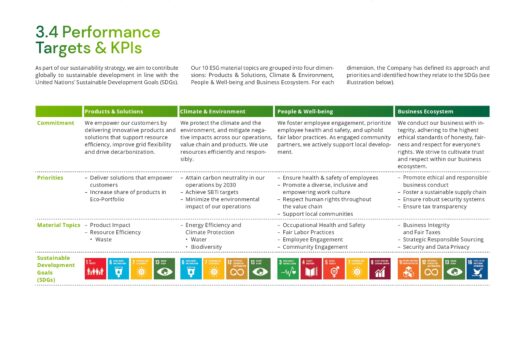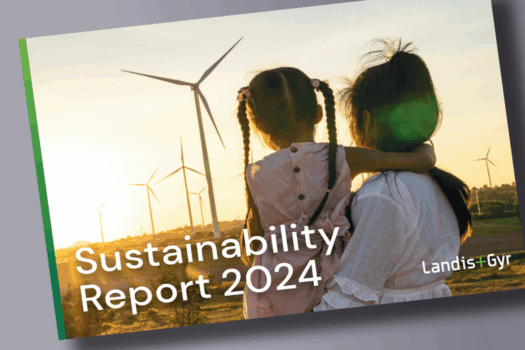A study conducted by the University of Bern in collaboration with Sustainserv shows that Swiss companies are currently still focusing their sustainability efforts primarily on compliance requirements. However, the increasingly established advanced sustainability approaches are not yet firmly anchored in the corporate culture.
The survey of 84 sustainability experts in Swiss companies focused on the organization and implementation of sustainability, sustainability goals and associated key figures as well as sustainability reporting. “Together with Sustainserv, we investigated the maturity level of Swiss companies with regard to their sustainability efforts,” says Prof. Dr. Markus Arnold, Head of the Institute of Management Accounting and Control at the University of Bern. The 2023 study clearly shows that the majority of Swiss companies implement sustainability strategies primarily to comply with legal and public standards.
High level of maturity, sustainability not (yet) part of the DNA
Companies are investing in sustainability initiatives, regardless of their size. In addition to fulfilling compliance rules, companies also want to strengthen their reputation and credibility. For large companies, identifying and minimizing risks is also part of the strategy.
“Swiss companies have been investing in their sustainability efforts for years. However, this has not yet led to sustainability really becoming part of their DNA in many cases. The potential for embedding sustainability more firmly in the culture of Swiss companies has not yet been exhausted,” says Prof. Dr. Markus Arnold. This is confirmed above all by the survey results on remuneration, which are strongly driven by economic indicators. ESG key figures only play a subordinate role. Likewise, only a handful of Swiss companies check their sustainability report for ‘greenwashing’.
Non-financial reporting is implemented with considerable effort
On average, small companies have been reporting on their sustainability efforts for more than 5 years and large companies for more than 10 years. The two standards of the Global Reporting Initiative (GRI) and the Sustainable Development Goals (SDG) are primarily applied. The new obligations under the Swiss Code of Obligations – still referred to in the survey as KVI – will quickly catch up as they come into force in 2024 for the 2023 financial year. Large companies in particular are devoting considerable personnel resources to this – on average one full-time position over 4 months. This effort is mainly required to compile the relevant key figures and ultimately to prepare the sustainability report.
Our Assessment
It is clear that the issue of sustainability has been professionalized at many companies. However, in order to keep up with the international competition, many Swiss companies still need to step up their game and translate their in-depth understanding of sustainability into concrete transformation initiatives.
The Institute of Management Accounting and Control at the University of Bern and Sustainserv plan to conduct the study on sustainability in Swiss companies at regular intervals in order to make statements about developments over time in the future.
The collected results of the study on sustainability in Swiss companies can be found here.
Get in touch. We are happy to tell you more about it.






